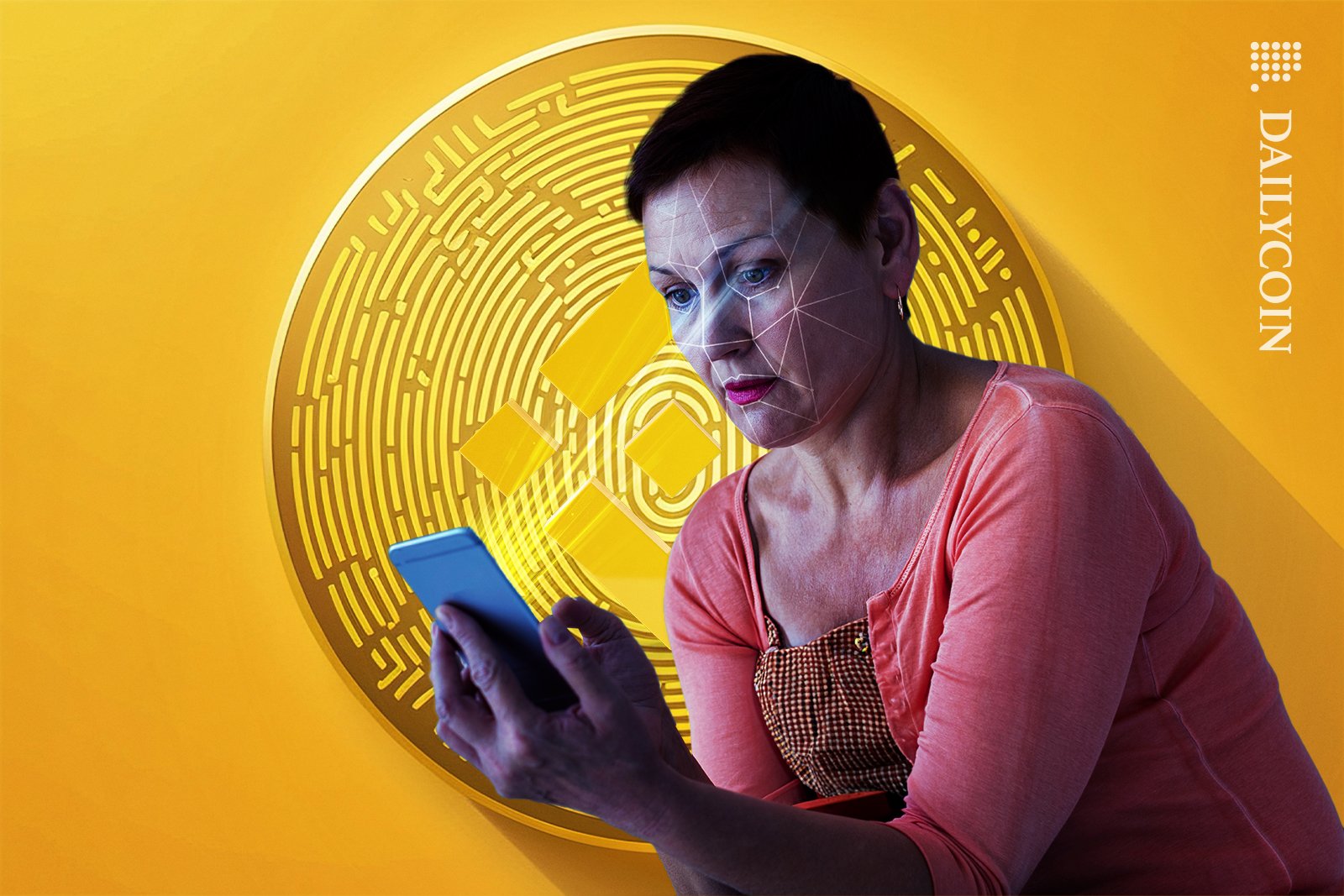
- Crypto exchange Binance is implementing stricter KYC standards.
- Unverified users risk access restrictions to accounts.
- Binance has set a deadline for users to update the required information.
Binance, the world’s largest cryptocurrency exchange by trading volume, has been at the center of regulator crosshairs over the past years, marked by intensifying pressure from global financial authorities. From anti-money laundering (AML) violations to the facilitation of illegal financial operations for sanctioned individuals, Binance has been spotlighted for several financial misconduct, resulting in its expulsion from markets and the conviction of its founder and former CEO, Changpeng Zhao.
The intensifying regulatory heat has translated into efforts to bolster compliance standards across its platform, align with evolving regulatory requirements, and mitigate scrutiny. Binance has implemented additional standards for its Know Your Customer (KYC) requirements as a step further. But what implications does this have for its users?
Binance KYC Revamp: What It Means for You
In a blog post on Friday, April 5, Binance announced the upgrade of its KYC requirements, which will target all sub-accounts within its Link Program.
Sponsored
The mandatory update, which comes into effect immediately, will require Binance Link users to complete a new documentation process for identity verification or risk access restriction to their accounts.
The new enhanced KYC requirements specifically apply to corporate clients who have created sub-accounts under the program, and regular Binance users who do not have accounts linked to the Link Program are not subject to compliance standards.
For these users, all sub-accounts created, including non-trading sub-accounts used for asset deposits, must adhere to the exchange’s enhanced KYC.
Binance KYC Requirements
Users must upload additional personal information to fully integrate with the new Link-KYC module. This includes providing details such as the Source of Funds, Source of Wealth, Proof of Address, and Politically Exposed Persons (PEP) Declaration, as required.
Sponsored
For salary declaration, required information includes self-employment income, savings, allowance, pension, dividends, payments/profits from a company, day trading, gambling, passive income, loans/mortgages, sale of financial assets, sale of real estate or other assets, inheritance, and donations.
Source of wealth includes salary details, crypto investments, self-employed income, inheritance, donations, mortgages/loans, company profits, and financial investments.
Proof of address requires utility bills, such as electricity, water, internet service provider account statement, landline telephone bill body corporate disclosure statement, building management statement, home insurance and mortgage statement, and bank or credit card statement.
It can also include a student rental agreement from university residents, or letters confirming student attendance and their current residential address; however, mobile bills are not acceptable.
Binance emphasized that the new requirements are mandatory, and only verified and compliant users will have access to their sub-accounts following the deadline.
What Is the Deadline for the Binance KYC Update?
According to the exchange, restrictions on sub-accounts lacking compliant KYC documentation commenced on March 20.
Account holders who have not provided the necessary KYC information by May 20, 2024, will face full restrictions, including losing access to their accounts and services, including the exchange’s Link Program.
Sub-accounts with incomplete KYC information will be restricted from using services like deposits, spot, and margin trading. Withdrawals will generally remain open, but restrictions may apply under certain circumstances.
Additionally, Binance stated that access restrictions could be enforced if account holders are unreachable, unresponsive, or uncooperative. In specific cases, accounts might be downgraded to corporate status or deleted if inactive.
What You Need to Do
Holders of sub-accounts under the Binance Link program must provide the newly highlighted user information to prevent access restrictions to funds and services.
Additionally, account holders identified as Potential Politically Exposed Persons (PEPs) must complete the questionnaire provided for their sub-account holder(s) via the Link-KYC integration document, which is imperative to prevent the loss of account access.
Users outside the Binance Link program are currently unaffected, however, it is important to remain informed with the exchange’s updates to keep pace with its evolving standards.
On the Flipside
- Users who prefer to avoid KYC measures can use decentralized exchanges such as Uniswap.
- Former Binance CEO Changpeng Zhao is awaiting sentencing in the United States.
- Other exchanges, such as KuCoin and Bitget, have also updated their KYC requirements.
Why This Matters
Binance’s KYC upgrade for its Link Program users aligns with the exchange’s efforts to comply with the evolving regulatory standards, particularly considering the spotlight it has come under in recent months.
Read more about how scammers are bypassing KYC regulations:
Scammers are buying KYC information for as low as $8
Discover the latest about the justice pursuit in the Onecoin project fraud:
OneCoin Lawyer Lands 4-Year Jail Term for Ponzi Scheme Role
